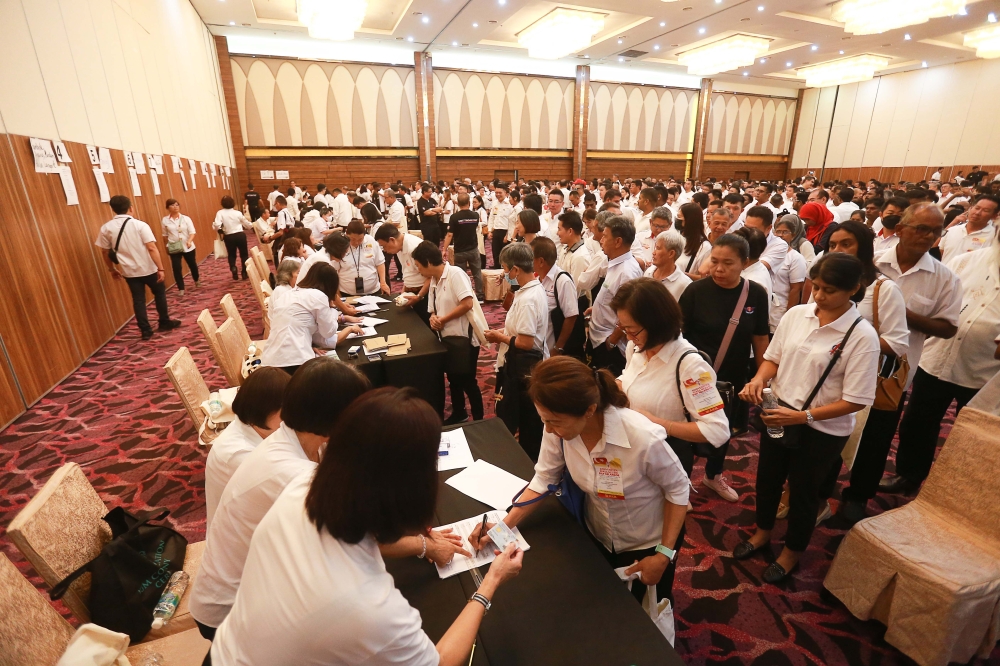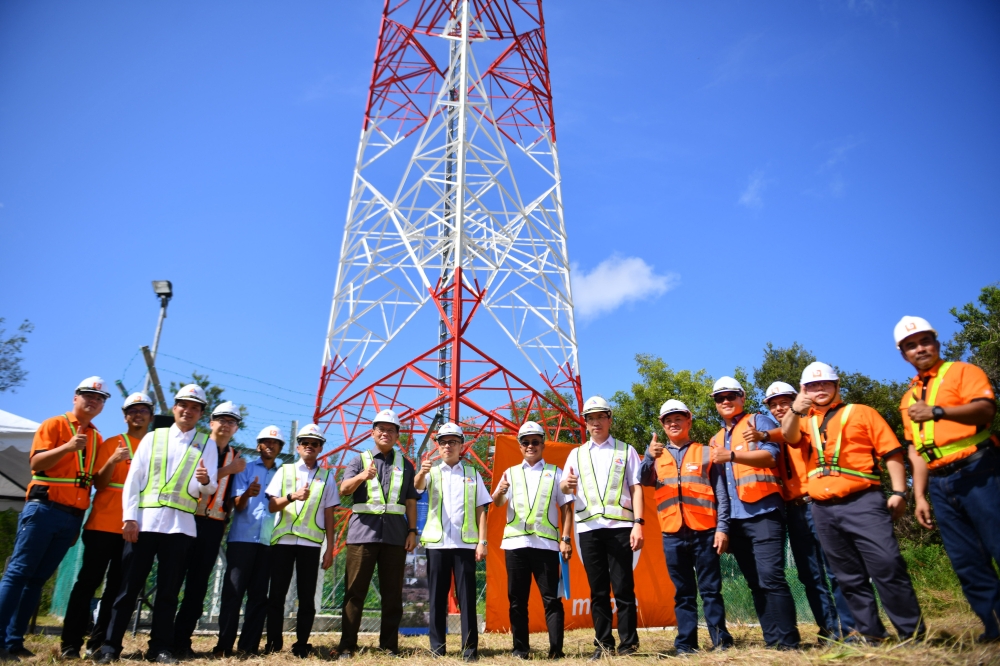KUALA LUMPUR, Sep 29 — Representatives of Australia, the United Kingdom and the United States today said that their security partnership Aukus will not affect their support for Asean.
In a joint statement released by the Australian and UK High Commissions and the US Embassy here, they said that it is the sovereign responsibility of every government to pursue defensive capabilities for its country.
Justin Lee, High Commissioner of Australia for Malaysia added that the nuclear-powered submarines provided in the security partnership would supply Australia with the capability it needs for its own defence, as well as contribute to a durable strategic balance in the region.
“As a three-ocean nation dependent on seaborne international trade, Australia requires cutting-edge naval capabilities.
“For the partnership’s first initiative, we embark on a trilateral effort to seek an optimal pathway to support Australia in acquiring nuclear-powered submarines, leveraging expertise from the United States and the United Kingdom, both of whom have operated such submarines safely for more than 60 years,” he said.
He said that while the submarines would be nuclear-powered, they will not carry any nuclear weapons on board, adding that Australia has always been clear on its stance against the use of nuclear weapons.
“Australia, the United Kingdom, and the United States remain steadfast in our support of the nuclear nonproliferation regime and Non-Proliferation Treaty.
“Our commitment to non-proliferation is unchanged and we remain committed to upholding our global leadership in this domain,” he said.
They also said the deal will not ignore its commitment to an inclusive Asean-centred regional architecture, but instead strengthen their ability to work with regional partners like Malaysia —in line with their outlook on the Indo-Pacific region.
Lee said the Aukus agreement will also enable Australia, the United Kingdom and the United States to deepen cooperation on a range of emerging security and defence capabilities such as cyber, artificial intelligence, quantum technologies and undersea capabilities, adding that this will strengthen the ability of the three countries to contribute to security in the region.
He added that Aukus would also complement networks of regional bilateral and minilateral partnerships in promoting regional peace, security and prosperity.
“We want to live in a region where all countries are empowered to engage and prosper in a stable, rules-based environment, including the rules enshrined in the United Nations Convention on the Law of the Sea.
“We want to ensure that all nations in the region have the strategic space to make decisions in their sovereign interests. Our collaboration under Aukus is guided by our commitment to these ideals, and ultimately to ensuring that we are all able to grow and thrive in an open, inclusive and prosperous region,” he said.
The statement was endorsed by Brian D. McFeeters, the US Ambassador to Malaysia, as well as Charles Hay, High Commissioner of the UK to Malaysia.
On September 16, the United States announced a new alliance, codenamed Aukus, with Australia and Britain to strengthen military capabilities in the face of a rising China, with Canberra to get a nuclear submarine fleet and American cruise missiles.
US President Joe Biden, Australian Prime Minister Scott Morrison and his British counterpart Boris Johnson did not mention China in unveiling their alliance, but their intent was clear, and their announcement prompted fury in Beijing.
The agreement also angered France, which had been negotiating a multibillion-dollar sale of conventional submarines to Australia.


















